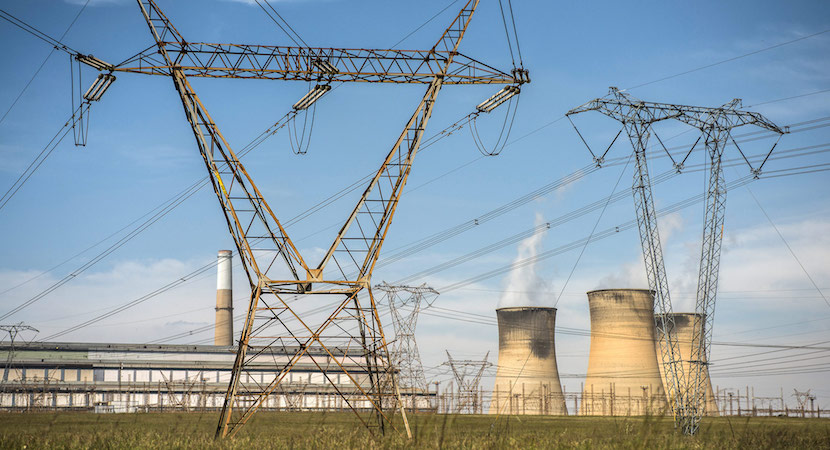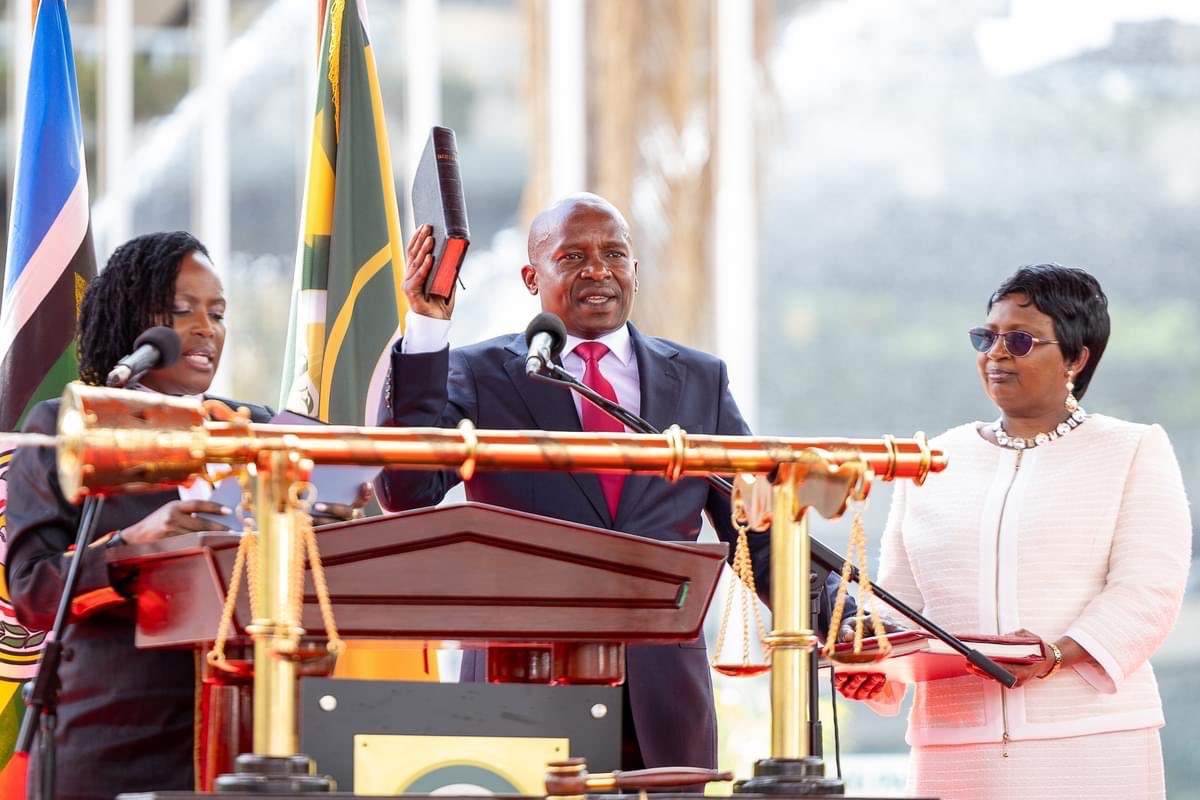HARARE – Zimbabwe has started importing 300 MW of electricity from a regional power pool in a US$2 million deal and is negotiating for another 400 MW from South Africa, cabinet ministers said on Tuesday, in a bid to end crippling power cuts.
Drought-induced low water levels at the Kariba hydro plant and ageing coal generators that keep breaking down have left Zimbabwe producing just half of its 1,700 MW peak power demand, forcing the national utility to impose 18-hour power cuts.
Information and Broadcasting Minister Monica Mutsvangwa told a post-cabinet news conference that power utility ZESA Holdings was “now accessing 300 MW during off-peak hours” from the Southern African Power Pool, a regional industry collaboration linking up national grids which was created in 1995.
“This additional power is availed… under a US$2 million facility which was mobilised by ZESA from its own resources. I’m sure you have noticed we are getting our electricity earlier than before and it’s taking longer to go in the morning,” Mutsvangwa added.
Acting Energy Minister Sekai Nzenza said that the utility was negotiating with an unnamed local bank for a US$15 million loan to pay South Africa’s Eskom, to unlock power supplies to Zimbabwe.
Eskom, which is itself struggling to meet South Africa’s electricity needs and reported a US$1.5 billion annual loss on Tuesday, had no immediate comment.
Zimbabwe owes Eskom US$23 million for previous power supplies after paying US$10 million last month.
“These initiatives that have been put in place will enable us to have more power,” Nzenza said.
ZESA’s acting chief executive said this month the utility required US$14 million for monthly imports from the regional power market.
Zimbabwe’s energy regulator is considering raising the electricity tariff to help loss-making ZESA raise money to buy spares for its coal generating plants as well as import more power.
Meanwhile, Mutsvangwa revealed that exporting mining companies had agreed to pay their bills in foreign currency and would be paying “cost reflective tariffs through a ring-fenced power arrangement.” – Reuters
















